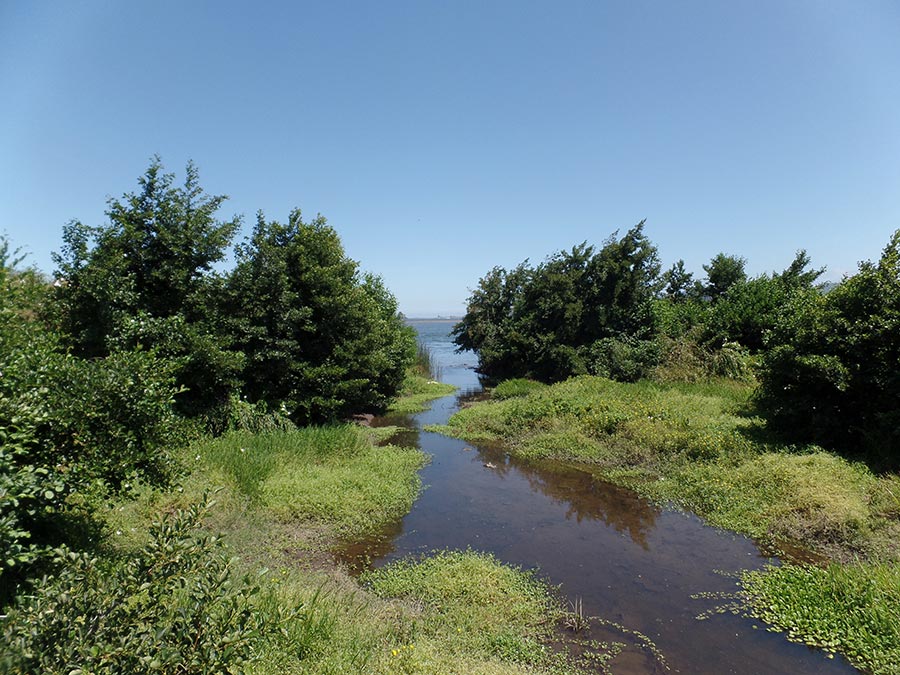
Artículo en Sustainability sobre Servicios Ecosistémicos del Humedal Tubul
Rojas, O.; Zamorano, M.; Saez, K.; Rojas, C.; Vega, C.; Arriagada, L.; Basnou, C. Social Perception of Ecosystem Services in a Coastal Wetland Post-Earthquake: A Case Study in Chile. Sustainability 2017, 9, 1983.
Abstract: Natural disasters can cause abrupt disturbances in coastal wetlands, affecting the social perception of ecosystem services (ES). The Tubul-Raqui coastal wetland is one of the most important wetlands in south-central Chile. Rich in biodiversity, these wetlands provide ES to a population of 2238 inhabitants. The recent 8.8 earthquake of 2010 caused a coastal uplift of 1.4 m and substantial morphological, social, and environmental changes. This paper analyzes the social perceptions of the inhabitants of the village of Tubul-Raqui following a large earthquake disturbance with regards to ES provision frequency and their future changes. A statistically representative semi-structured survey was conducted (175 valid surveys) and the data interpreted through factor analysis and statistical tests for independent categorical variables. The perception of cultural and regulating services was significantly greater than that of provisioning services, which were probably the most affected by the earthquake. Residents identified habitat for species, recreation, and hazard regulation as the most important ES. Perception was influenced by the categorical variables of gender, age, and ethnicity; for example, hazard regulation services varied strongly by gender. According to the respondents, the availability of ES will remain stable (50%) or decrease (40%) in the next 50 years, mainly due to anthropogenic drivers; the effect of natural disasters was not mentioned among the main drivers of chang.






